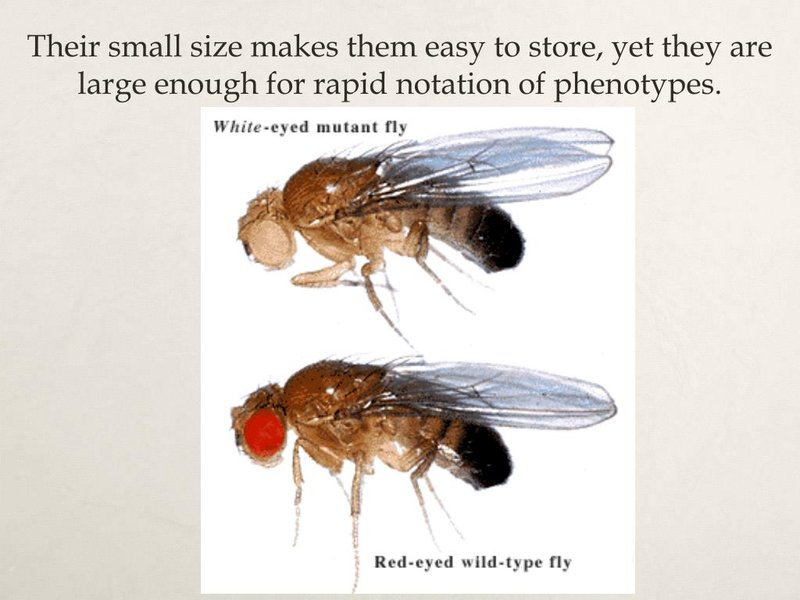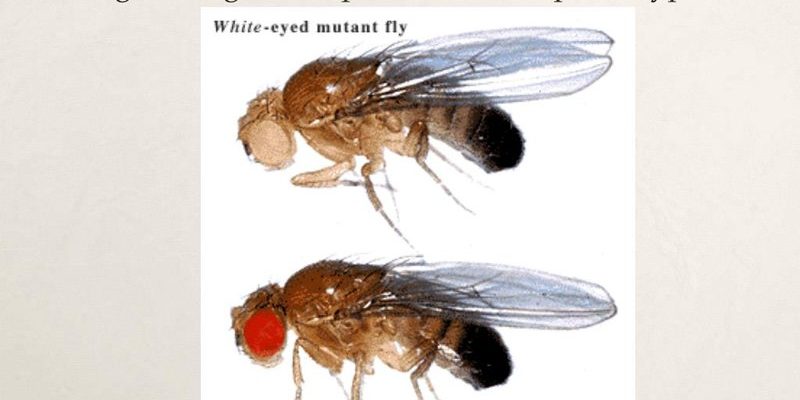
Honestly, fruit flies might seem insignificant, but they’re like the unsung heroes of the insect world. They help with pollination, serve as food for other animals, and even contribute to scientific research. Let’s dive into why these little guys matter more than you might think, and how their presence is woven into the fabric of our environment.
Understanding the Basics of Fruit Flies
Fruit flies, scientifically known as *Drosophila melanogaster*, are small insects that are found almost everywhere. They are usually around 1/8 of an inch long, with red eyes and tan bodies, making them easy to spot buzzing around overripe fruit. You might be wondering why something so small can have such a big role in nature.
First off, fruit flies thrive in environments abundant with fruits, which is why you see them around bananas or apples. They lay their eggs in the decaying fruit, providing a rich source of food for their larvae. This process not only helps break down organic matter but also plays a crucial part in the nutrient cycle, returning essential minerals back to the soil.
The Role of Fruit Flies in Pollination
You might be surprised to learn that fruit flies can be effective pollinators. While bees often get the spotlight, these tiny flies also contribute significantly to the pollination of various plants, especially those that produce fruits and vegetables.
Fruit flies are drawn to the scent of rotting fruit. When they visit these plants, they inadvertently transfer pollen from one flower to another. This not only helps flowers reproduce but also supports the food web by ensuring that plants can grow, flower, and eventually produce fruits that many creatures depend on.
In some ecosystems, fruit flies even have specialized relationships with certain plants. For example, they have been known to prefer flowers that are similar in scent to the overripe fruit they usually lay eggs in. This mutual relationship showcases the interconnectedness of species in nature.
Fruit Flies as a Food Source
Another important role fruit flies play is serving as a food source for various organisms. They may be tiny, but they are a tasty snack for numerous animals like birds, spiders, and even some amphibians. This positioning in the food web highlights their importance in sustaining biodiversity.
Without fruit flies, these predators might struggle to find enough food. This could lead to a decline in their populations and, in turn, affect other species further up the food chain. Essentially, fruit flies help maintain the balance of ecosystems, ensuring that nature’s food web remains intact.
For example, when fruit flies are plentiful, birds might thrive and lay more eggs. If the birds get less food, they might not survive harsh winters, affecting other species that rely on them. It’s all about that delicate balance.
Fruit Flies and Decomposition
Have you ever wondered what happens to all that fallen fruit and vegetation? This is where fruit flies play a vital role in decomposition. They are among the first to arrive at decaying matter, feeding on it and laying their eggs. As they munch away, they help break down organic materials, speeding up the decomposition process.
This is important not just for that fruit but for the entire ecosystem. Decomposers, like fruit flies, recycle nutrients back into the soil, making it fertile for new plants to grow. Without this process, dead organic matter would pile up, leading to poor soil health and reduced plant growth.
This role of fruit flies in decomposition can be compared to a clean-up crew. Just as a clean team gets rid of clutter to make room for new things, fruit flies help clean up waste, ensuring a healthy environment for life to continue.
Research and Scientific Importance
Beyond their ecological roles, fruit flies have been invaluable in scientific research. Because of their simple genetic structure and rapid life cycle, they are often used as model organisms in genetics, development, and evolutionary biology. Scientists study them to better understand complex biological processes that can apply to many other species, including humans.
By examining how fruit flies react to certain genetic changes, researchers have discovered a lot about genetics and heredity. For example, certain mutation studies in fruit flies have provided insights into genetic diseases and developmental processes in mammals. So, while you might swat them away, remember, those little flies are helping to unlock the secrets of life!
Common Misconceptions About Fruit Flies
You might think because fruit flies seem pesky, they must be harmful. Here’s the thing: these little guys are mostly harmless to humans. They don’t bite, and they don’t transmit diseases like many other insects do.
While it’s true that they are attracted to rotting fruits and vegetables, this doesn’t mean they cause the fruit to spoil. Instead, they’re simply capitalizing on what’s already going bad. Having fruit flies doesn’t mean your kitchen is dirty; it just means fresh produce is present.
In urban environments, people often jump to drastic measures to rid their homes of fruit flies, using sprays and traps. However, understanding their role in the ecosystem reveals that they are not just annoying pests but creatures with a purpose.
How to Coexist with Fruit Flies
So, knowing all this, how can we peacefully coexist with fruit flies? One of the easiest ways is to manage your produce. Keep fruits in the refrigerator, as that will deter these critters from making your kitchen their home. You can also clean up spills and crumbs promptly to reduce their attraction to your space.
If fruit flies do happen to invade, instead of reaching for chemicals, try natural traps. A simple solution is to fill a bowl with apple cider vinegar and cover it with plastic wrap, poking small holes in the top. The vinegar will attract the flies, allowing you to trap and release them outside.
This method not only helps you manage the situation but also respects their role in the ecosystem. By removing them gently, you’re allowing them to continue their important work in the environment, just somewhere other than your kitchen!
In summary, fruit flies may seem like little nuisances, but they are integral parts of our ecosystems. From aiding in pollination and decomposition to serving as a food source for other species and providing vital research insights, their contributions are invaluable.
Next time you see a fruit fly buzzing around your fruit bowl, consider their role in nature. Rather than just swatting them away, take a moment to appreciate these small creatures that help sustain the environment. After all, no matter how tiny, every creature has its place in the grand puzzle of life.

